October 28 stands as one of history’s most eventful days, witnessing the rise and fall of empires, groundbreaking discoveries, and moments that shaped our modern world across centuries of human achievement.
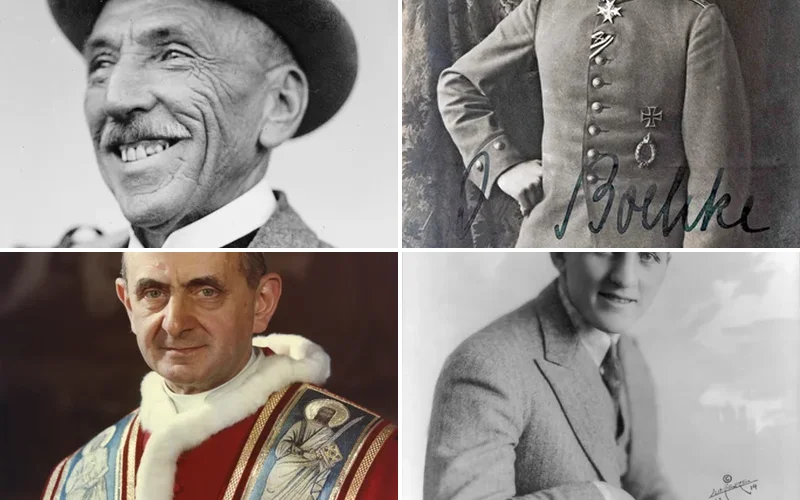
Politics and Government Events on October 28
1918 – Czech Politicians Take Over Prague
Czech politicians peacefully seized control of Prague on this pivotal day, establishing the First Czechoslovak Republic. The bloodless takeover marked the end of centuries of Habsburg rule over Czech territories.
The new republic emerged from the ashes of the Austro-Hungarian Empire during World War I’s final weeks. This peaceful transition would create a democratic beacon in Central Europe for the next two decades.
1922 – Mussolini’s March on Rome
Benito Mussolini led thousands of fascist Blackshirts in their historic march on Rome, seizing control of the Italian government. King Victor Emmanuel III refused to declare martial law, effectively handing power to the fascist leader.
The march represented a bloodless coup that ended Italy’s parliamentary democracy. Mussolini’s rise to power would reshape European politics and contribute to the continent’s descent into another world war.
1962 – Cuban Missile Crisis Ends
Premier Nikita Khrushchev announced the removal of Soviet nuclear missiles from Cuba, ending the thirteen-day Cuban Missile Crisis. The world stepped back from the brink of nuclear war through careful diplomatic negotiations.
President Kennedy and Khrushchev reached a secret agreement that also included removing American missiles from Turkey. This resolution marked a turning point in Cold War relations and established new protocols for superpower communication.
1989 – Georgia’s Free Election
Georgia conducted its first and only free election under Soviet rule, marking a significant moment in the USSR’s gradual dissolution. Voters participated in competitive elections that challenged communist party monopoly.
The election results demonstrated growing nationalist sentiment and desire for independence. This democratic experiment foreshadowed the broader collapse of Soviet authority across Eastern Europe.
2021 – Cristina Fernández de Kirchner’s Historic Victory

Cristina Fernández de Kirchner became Argentina’s first directly elected female president after winning a decisive electoral victory. Her campaign focused on social justice, economic reform, and expanding women’s rights.
The election marked a historic milestone for gender equality in Latin American politics. Kirchner’s presidency would usher in significant policy changes regarding human rights and economic development.
Military and Naval History on October 28
1918 – Polish-Ukrainian War Begins
A new Polish government established itself in western Galicia, immediately triggering the Polish-Ukrainian War. Both nations claimed the same territories as the Austro-Hungarian Empire collapsed around them.
The conflict erupted over control of strategic cities like Lviv and surrounding agricultural regions. This bitter struggle would determine the eastern borders of the newly independent Polish state.
1940 – Italy Invades Greece
Greece boldly rejected Italy’s ultimatum demanding territorial concessions, prompting Mussolini to launch a full-scale invasion through Albania. Greek Prime Minister Ioannis Metaxas delivered his famous “Ohi” (No) response to Italian demands.
The invasion marked Italy’s attempt to establish dominance in the Balkans and Mediterranean. Greek resistance would prove far more formidable than Mussolini anticipated, ultimately requiring German intervention.
1956 – Hungarian Revolution Ceasefire
A temporary ceasefire took effect between Hungarian revolutionaries and Soviet forces, with Soviet troops beginning their withdrawal from Budapest. Communist officials and facilities faced continued attacks from revolutionary forces.
The ceasefire provided a brief respite in the brutal fighting that had consumed the Hungarian capital. This momentary peace would prove tragically short-lived as Soviet forces prepared for their devastating return.
1916 – German Flying Ace Oswald Boelcke Dies

Oswald Boelcke, Germany’s legendary World War I flying ace, died in an aerial collision during combat operations. His death marked the loss of one of aviation’s pioneering fighter pilots and tactical innovators.
Boelcke had revolutionized aerial combat through his systematic approach to fighter tactics. His “Dicta Boelcke” became the foundation for air combat doctrine used by pilots worldwide.
Science and Discovery Milestones on October 28
1948 – Paul Müller Wins Nobel Prize for DDT
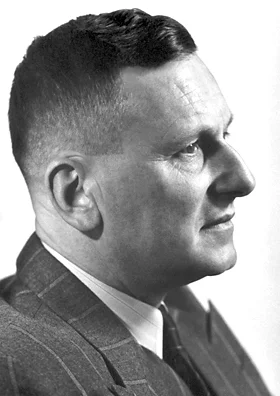
Paul Hermann Müller received the Nobel Prize in Physiology or Medicine for discovering DDT’s powerful insecticidal properties. His breakthrough promised to revolutionize pest control and disease prevention worldwide.
The discovery initially appeared to offer solutions to malaria, typhus, and agricultural devastation. Later environmental concerns would complicate DDT’s legacy, but Müller’s work fundamentally advanced chemical pesticide science.
1971 – Britain Launches Prospero Satellite

Prospero became Britain’s first and only satellite launched by a British-built rocket from Australian soil. The successful mission demonstrated Britain’s independent space technology capabilities during the early space age.
The satellite carried scientific instruments to study solar radiation and micrometeorite impacts. Prospero remained Britain’s sole nationally-launched satellite, as the country later joined European space programs.
2009 – NASA Launches Ares I-X
NASA successfully launched the Ares I-X rocket in the program’s only test flight before cancellation. The mission tested new rocket designs intended for future Moon and Mars exploration missions.
The launch demonstrated advanced rocket technology and crew escape systems. Despite technical success, budget constraints and policy changes would soon terminate the entire Constellation program.
2014 – Cygnus Rocket Explosion

A rocket carrying NASA’s Cygnus resupply mission to the International Space Station exploded seconds after launch from Virginia. The dramatic failure destroyed critical supplies and scientific equipment bound for the orbiting laboratory.
The explosion highlighted the risks and challenges of commercial space transportation. NASA’s diversified approach to cargo delivery proved essential when individual launch systems experienced failures.
Cultural and Arts Events on October 28
1928 – Indonesia Raya Debuts

Indonesia Raya, destined to become Indonesia’s national anthem, premiered during the Second Indonesian Youth Congress. The stirring composition captured the spirit of Indonesian nationalism and independence aspirations.
The song’s debut coincided with the Youth Pledge, a pivotal moment in Indonesian national identity formation. Indonesia Raya would inspire generations of independence fighters and eventually become the republic’s official anthem.
1987 – André Masson Dies
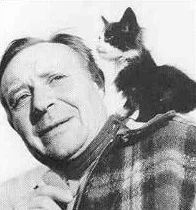
André Masson, the influential French surrealist painter and soldier, passed away after a distinguished artistic career. His automatic drawings and sand paintings had revolutionized surrealist artistic techniques.
Masson’s combat experiences during World War I profoundly influenced his artistic vision and abstract expressionist style. His innovative techniques influenced countless artists and helped establish surrealism as a major artistic movement.
1998 – Ted Hughes Dies

Ted Hughes, England’s celebrated poet laureate and playwright, died after creating some of the 20th century’s most powerful poetry. His nature-focused verse and dramatic works had earned international acclaim.
Hughes’ relationship with fellow poet Sylvia Plath had shaped both their literary legacies. His poetry collections, including “The Hawk in the Rain” and “Crow,” established him as one of England’s greatest modern poets.
Religious and Social Events on October 28
1958 – John XXIII Elected Pope
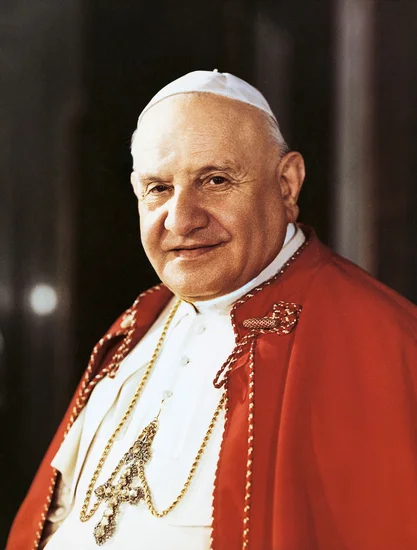
Cardinal Angelo Giuseppe Roncalli became Pope John XXIII after his election by the College of Cardinals. The new pontiff would transform the Catholic Church through progressive reforms and ecumenical outreach.
His papacy would convene the Second Vatican Council, modernizing Catholic liturgy and doctrine. Pope John XXIII’s emphasis on social justice and interfaith dialogue revolutionized the Church’s relationship with the modern world.
1965 – Nostra Aetate Promulgated
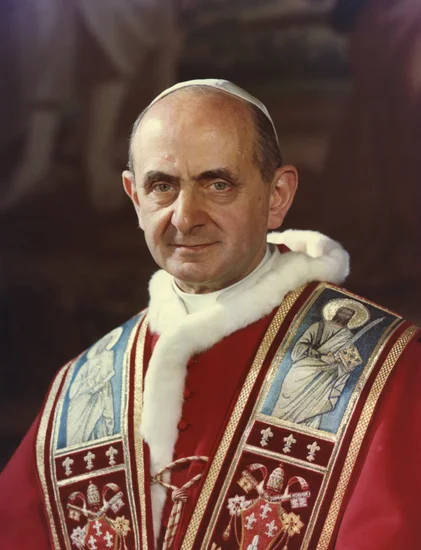
Pope Paul VI promulgated Nostra Aetate, officially recognizing the legitimacy of non-Christian faiths for the first time. This groundbreaking declaration transformed Catholic relationships with Judaism, Islam, and other world religions.
The document rejected anti-Semitism and emphasized shared spiritual values across religious traditions. Nostra Aetate marked a historic shift toward interfaith dialogue and religious tolerance in Catholic doctrine.
1919 – Volstead Act Passed
The U.S. Congress overrode President Woodrow Wilson’s veto to pass the Volstead Act, establishing enforcement mechanisms for Prohibition. The legislation would ban alcohol production, sale, and distribution across America.
The act’s passage culminated decades of temperance movement activism and moral reform campaigns. Prohibition’s implementation would create unprecedented law enforcement challenges and give rise to organized crime syndicates.
2006 – Bykivnia Graves Funeral Service
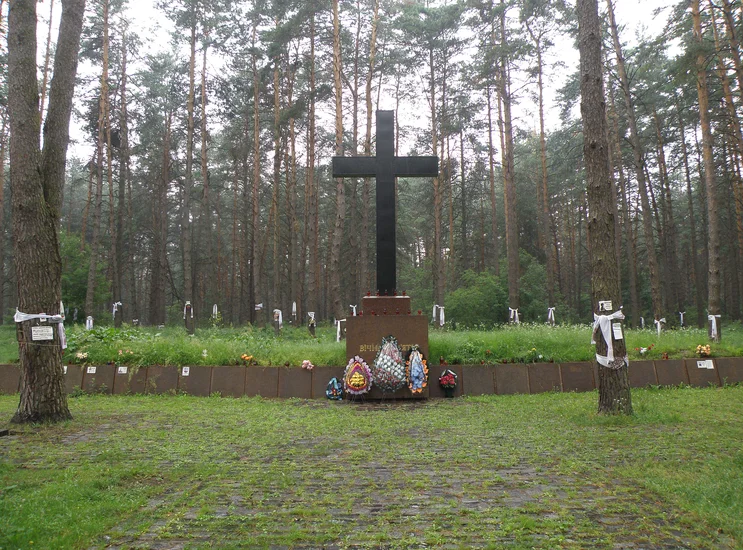
A solemn funeral service honored Ukrainians killed by Soviet secret police and buried in the Bykivnia graves. The ceremony acknowledged decades of suppressed history and honored victims of Stalinist repression.
The service represented Ukraine’s efforts to confront its traumatic Soviet past. Recognizing these atrocities became part of Ukraine’s broader national reconciliation and historical truth-telling process.
Business and Economic Events on October 28
1982 – Spanish Socialist Victory
The Spanish Socialist Workers’ Party won a decisive electoral victory, beginning fourteen years of socialist governance. The election marked Spain’s continued transition from Franco’s dictatorship toward European democratic norms.
The socialist victory promised economic modernization and European integration. Spain’s new government would implement significant social reforms and guide the country toward European Community membership.
2002 – H&M Founder Erling Persson Dies
Erling Persson, Swedish businessman and founder of global fashion retailer H&M, passed away after building one of the world’s largest clothing empires. His innovative approach to fast fashion had revolutionized retail clothing.
Persson’s business model emphasized affordable, trendy clothing accessible to middle-class consumers worldwide. H&M’s success demonstrated how Swedish companies could achieve global dominance through innovative retail strategies.
2012 – Jack Dellal Dies
Jack Dellal, prominent English businessman and property developer, died after building a vast real estate empire. His investments in London’s most prestigious properties had generated enormous wealth.
Dellal’s business acumen and strategic property investments made him one of Britain’s wealthiest individuals. His success illustrated the potential for immigrant entrepreneurs to achieve extraordinary success in British business.
Transportation and Infrastructure on October 28
1942 – Alaska Highway Completion
The Alaska Highway achieved its first connection between Alaska and the North American railway network at Dawson Creek, Canada. This engineering marvel linked the continental United States with its northern territory.
The highway’s completion represented a massive wartime construction achievement accomplished in challenging Arctic conditions. The route would prove essential for Alaska’s economic development and strategic defense.
1989 – Aloha Island Air Crash

Aloha Island Air Flight 1712 crashed into terrain during a night flight in Hawaii, killing all twenty people aboard. The Twin Otter aircraft’s accident highlighted the challenges of inter-island aviation.
The crash prompted renewed focus on aviation safety protocols for Hawaiian inter-island flights. Investigation revealed the critical importance of proper navigation and weather assessment for island aviation operations.
1995 – Baku Metro Fire

A devastating fire in the Baku Metro system killed 289 people and injured 270 others in one of the world’s worst subway disasters. The tragedy exposed serious safety deficiencies in post-Soviet transportation infrastructure.
The fire’s rapid spread through the underground system demonstrated the importance of proper ventilation and emergency protocols. Azerbaijan’s response led to comprehensive safety reforms in public transportation systems.
Sports and Recreation on October 28
2023 – Rugby World Cup Final
South Africa defeated New Zealand 12-11 in the Rugby World Cup final at the Stade de France in Saint-Denis. The Springboks claimed their fourth Webb Ellis Cup, becoming the first nation to achieve this milestone.
The thrilling final showcased rugby’s global appeal and South Africa’s sporting excellence. The victory represented remarkable achievement for South African rugby and demonstrated the sport’s growing international prominence.
2006 – Red Auerbach Dies
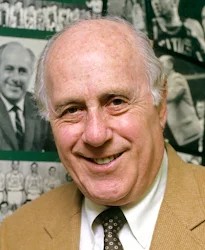
Red Auerbach, legendary American basketball coach and executive, passed away after revolutionizing professional basketball. His innovative coaching techniques and team-building strategies had transformed the Boston Celtics.
Auerbach’s emphasis on team chemistry and fast-break offense established new standards for basketball excellence. His leadership produced numerous championship teams and influenced coaching methodology throughout professional sports.
2013 – Tetsuharu Kawakami Dies

Tetsuharu Kawakami, Japanese baseball legend and manager, died after a distinguished career that elevated Japanese baseball to international prominence. His playing and managerial careers spanned baseball’s golden age in Japan.
Kawakami’s strategic innovations and leadership philosophy influenced generations of Japanese baseball players. His success demonstrated Japanese baseball’s potential for excellence and helped establish the sport’s popularity throughout Asia.
Notable Births on October 28
1914 – Jonas Salk Born
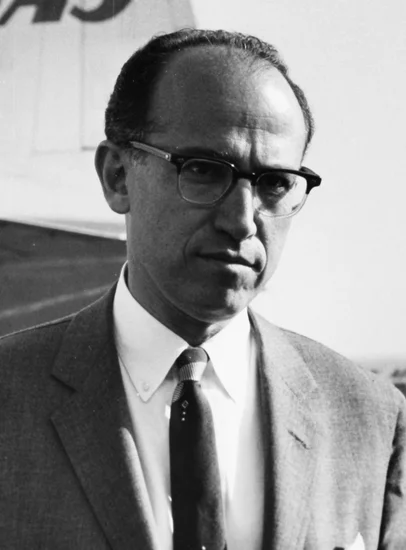
Jonas Salk, American biologist and physician, was born in New York City to Russian immigrant parents. His early interest in medical research would lead to groundbreaking work in vaccine development.
Salk’s dedication to public health and scientific research would culminate in developing the first successful polio vaccine. His refusal to patent the vaccine demonstrated remarkable commitment to global health over personal profit.
1955 – Bill Gates Born
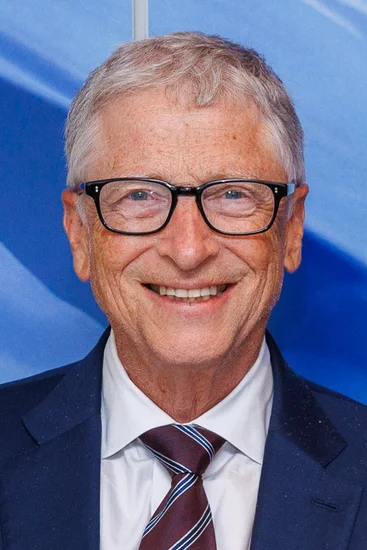
Bill Gates entered the world in Seattle, Washington, destined to become one of history’s most influential technology entrepreneurs. His early fascination with computers would reshape the global technology landscape.
Gates would co-found Microsoft and revolutionize personal computing through innovative software development. His later philanthropic efforts would address global health challenges and educational inequality worldwide.
1967 – Julia Roberts Born

Julia Roberts, American actress and producer, was born in Georgia and would become one of Hollywood’s most beloved performers. Her distinctive smile and natural charisma would captivate audiences worldwide.
Roberts’ breakthrough role in “Pretty Woman” established her as a major star and romantic comedy icon. Her versatile performances would earn critical acclaim and numerous awards throughout her distinguished career.
1937 – Lenny Wilkens Born
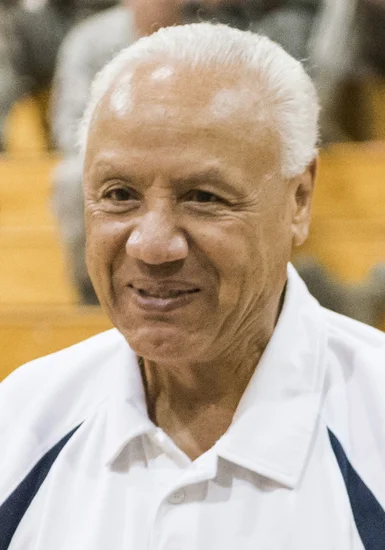
Lenny Wilkens, American basketball player and coach, was born in Brooklyn and would become one of the sport’s most successful figures. His playing career would transition into legendary coaching achievements.
Wilkens would win championships as both player and coach, demonstrating remarkable versatility in professional basketball. His leadership style and strategic innovations influenced coaching methodology throughout the sport.
1974 – Joaquin Phoenix Born

Joaquin Phoenix, American actor and producer, was born into a family of performers and would develop into one of cinema’s most intense dramatic actors. His commitment to character development would earn critical acclaim.
Phoenix’s powerful performances in films like “Gladiator” and “Joker” would establish him as a major Hollywood talent. His dedication to social causes would complement his artistic achievements.
Notable Deaths on October 28
1952 – Billy Hughes Dies
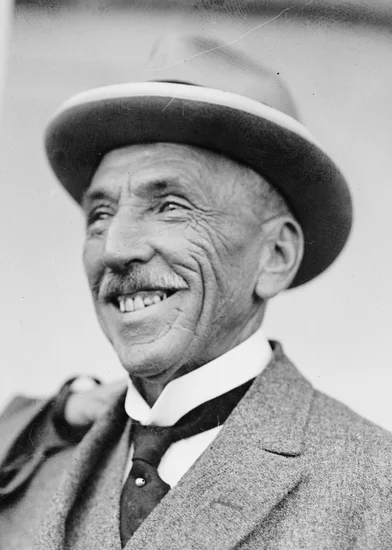
Billy Hughes, English-born Australian politician and 7th Prime Minister of Australia, passed away after a remarkable political career spanning multiple decades. His leadership during World War I had shaped Australia’s national identity.
Hughes’ tenure as prime minister during the Great War demonstrated Australia’s emerging independence within the British Empire. His passionate advocacy for Australian interests earned him lasting recognition as a formative national leader.
1959 – Camilo Cienfuegos Dies

Camilo Cienfuegos, Cuban revolutionary leader and close ally of Fidel Castro, died in a mysterious plane crash. His death removed one of the Cuban Revolution’s most charismatic and popular figures.
Cienfuegos had played a crucial role in overthrowing the Batista regime and establishing revolutionary Cuba. His disappearance became one of the Cuban Revolution’s enduring mysteries and contributed to revolutionary mythology.
1975 – Georges Carpentier Dies
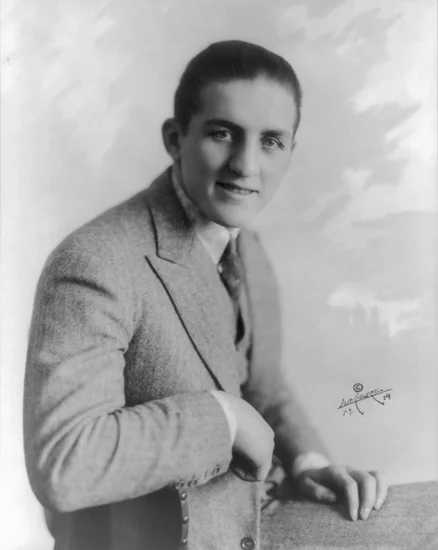
Georges Carpentier, French boxer and actor, passed away after a distinguished career that made him one of Europe’s greatest boxing champions. His elegant fighting style had earned international acclaim.
Carpentier’s boxing achievements and later acting career made him a beloved figure in French popular culture. His success demonstrated French athletic excellence and helped establish boxing’s popularity in Europe.
2022 – Jerry Lee Lewis Dies
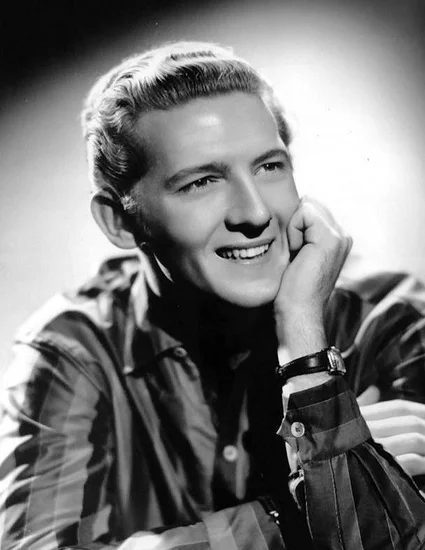
Jerry Lee Lewis, American rock and roll pioneer and pianist, died after a legendary career that helped define early rock music. His explosive performances and piano virtuosity had influenced countless musicians.
Lewis’s wild stage presence and hits like “Great Balls of Fire” established him as one of rock’s founding fathers. His musical innovations helped bridge country, gospel, and rock music genres.
2023 – Matthew Perry Dies

Matthew Perry, American-Canadian actor beloved for his role as Chandler Bing on “Friends,” passed away unexpectedly. His comedic timing and portrayal of the sarcastic character had entertained millions worldwide.
Perry’s struggles with addiction and his advocacy for recovery programs had inspired many seeking help. His death marked the loss of a talented performer who had brought joy to audiences globally.
Holidays and Observances on October 28
Ohi Day
Greece and Cyprus celebrate Ohi Day as a national holiday commemorating Greece’s rejection of Italy’s ultimatum in 1940. The observance honors Greek resistance during World War II and national courage.
Greek communities worldwide participate in parades and ceremonies remembering this pivotal moment in Greek history. The celebration reinforces Greek national identity and commemorates the country’s defiant stand against fascism.
Day of the Establishment of Independent Czecho-Slovak State
The Czech Republic and Slovakia observe this holiday celebrating Czechoslovakia’s independence from Austria-Hungary in 1918. The day honors the peaceful establishment of the democratic Czechoslovak state.
Both nations recognize this shared historical moment that created their modern national identities. The observance celebrates democracy, independence, and the peaceful resolution of political change.
Youth Pledge Day
Indonesia celebrates Hari Sumpah Pemuda, commemorating the 1928 Youth Pledge that unified the independence movement. The observance honors young people’s role in establishing Indonesian national identity.
The holiday emphasizes unity, nationalism, and youth leadership in Indonesian society. Educational institutions and government agencies organize ceremonies celebrating the pledge’s enduring significance for Indonesian democracy.
